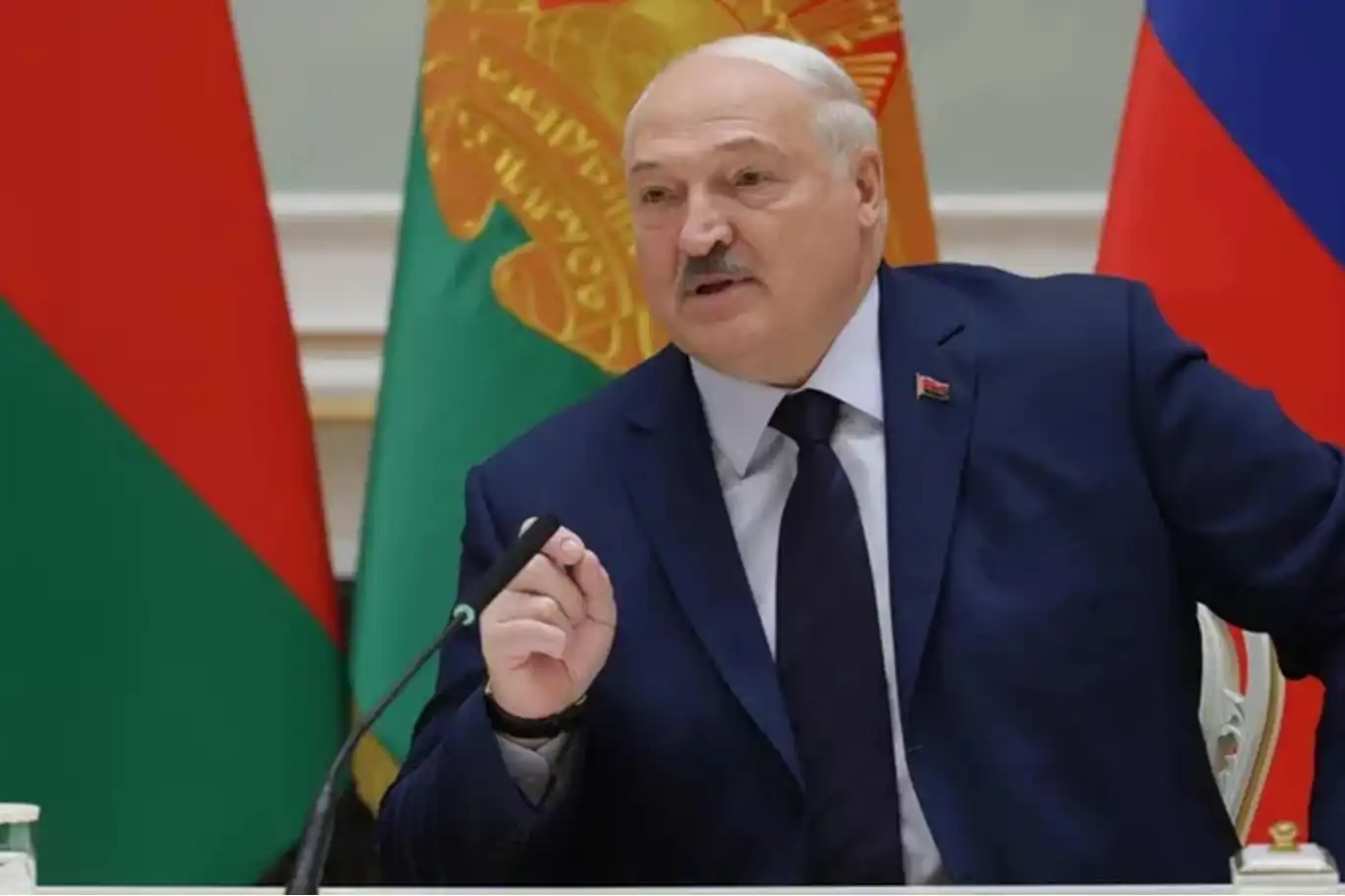Belarus President Lukashenko signals readiness to host Russian missile systems


Belarusian President Alexander Lukashenko has expressed readiness to host up to ten Russian 'Oreshnik' missile systems on Belarusian soil.
"I think we can host about ten systems for now, and if there's desire from the Russian side, we can accommodate more," Lukashenko stated, signaling a potential shift in the regional military dynamics. His remarks followed a series of discussions with Russian President Vladimir Putin, where both leaders emphasized the strategic importance of mutual defense.
The 'Oreshnik' systems, considered a critical part of Russia's military capabilities, are seen as a move to strengthen the alliance between Belarus and Russia. Analysts interpret this step as an alignment of Belarus with Russian military interests, potentially affecting the geopolitical landscape in Eastern Europe.
Lukashenko's comments come at a time of heightened security concerns, with neighboring countries likely to react to the increased military presence. The deployment discussions were part of broader talks on strategic positioning, where Lukashenko highlighted, "Well, ten seems adequate for now, but we can definitely adjust based on our operational needs and the geopolitical climate."
The summit also served as a platform for Lukashenko to reassert his leadership and commitment to national security through Russian collaboration. His dialogues with Putin went beyond military matters, touching on the fortification of alliances within the Eurasian Economic Union.
Reactions to this potential deployment have been mixed. While some see it as a necessary bolstering of defense ties, others fear it signals further militarization of the region, potentially escalating tensions with NATO and other Western entities.
Just before these serious military announcements, Lukashenko was seen engaging in more light-hearted activities, like chopping wood at the Igora resort, showcasing a contrast between his public persona and his role in international military strategy. "I work each morning, just as our leaders must prepare for important negotiations," he remarked, blending personal life with state affairs.
This juxtaposition might be part of a broader strategy to maintain both domestic support and international credibility. However, the actual deployment of the 'Oreshnik' systems will depend on further negotiations and the geopolitical context.
The implications of hosting these missile systems extend beyond mere military strategy, touching on sovereignty, regional power dynamics, and Belarus's international standing. As discussions continue, the world watches how this development might reshape security policies and international relations in Eastern Europe. (ILKHA)
LEGAL WARNING: All rights of the published news, photos and videos are reserved by İlke Haber Ajansı Basın Yayın San. Trade A.Ş. Under no circumstances can all or part of the news, photos and videos be used without a written contract or subscription.
United Nations Secretary-General António Guterres on Saturday stressed that Palestinians must be given a genuine “horizon of hope,” calling for the full and unconditional implementation of the ceasefire and an end to the ongoing cycle of violence that has devastated Palestinian lives.
Brazilian President Luiz Inácio Lula da Silva issued a stark warning on Saturday against potential U.S. military action in Venezuela, cautioning it would unleash a regional "humanitarian catastrophe."
A Pakistani court on Saturday sentenced former Prime Minister Imran Khan and his wife, Bushra Bibi, to 17 years in prison in a case involving the illegal sale of state gifts, marking the third major conviction for the ousted leader in a year.
Iran has executed Aghil Keshavarz after the country’s Supreme Court upheld his death sentence on charges of espionage and intelligence cooperation with Israel, judicial authorities announced.